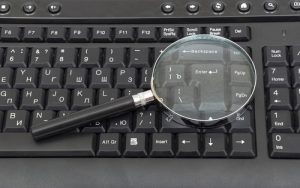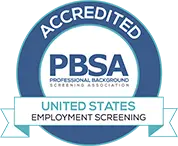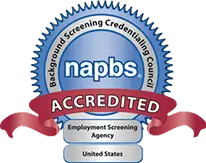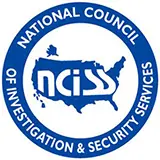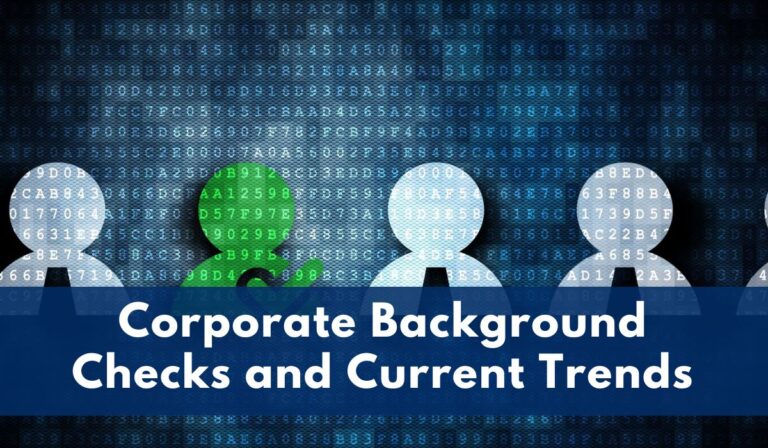For many people, a private investigator takes the undertone of what we see in pop culture. These shows often depict investigators as people who are obvious to spot; maybe a guy wearing a trench coat in his car with a camera following a “cheating husband.” For some Private Investigators, this is true, but for the most of us, we blend in on the streets just like anyone else you would meet. Whether it comes to desktop investigations, taking witness statements, surveillance, or canvassing businesses or neighborhoods, PIs nowadays are an extension of the law that, in some states, have law-enforcement level protections and abilities to solve whatever issue, dilemma, or case that a client may request.
What people think we do versus what we actually do:
Pop culture can speak some truths about being a private investigator, but in many circumstances these examples we find in movies and TV shows are slightly off. It’s pretty common to see depictions of PIs that are either retired/washed up police officers driving around in old cars working to de-legitimize political candidates, locate missing persons, and find evidence to close a cold case—there’s always the previously mentioned “infidelity” case examples as well. Some of this is true, but many parts are heavily elaborated. Some of us are in fact retired police officers, government agents, or even security guards looking for a career change. However, many of us are not. Recent college graduates with criminal justice backgrounds, IT professionals, attorneys, and even those with backgrounds in business and marketing are among those whom you might find working as a Private Investigator. Private investigators can come from all different backgrounds and often need a diverse skill set to be cutting edge in their field.
While some of the methods used in pop culture and some of the actual methods we use can blur the lines, there are a multitude of techniques that aren’t necessarily talked about that we use on a daily basis to collect the facts needed to close cases. Surveillance is probably the most common portrayal, but many simply do not realize what happens before any surveillance on a specific subject can begin. In all cases, surveillance investigations need a starting point: this can be a residence, a place of work, or even a relative’s house that was confirmed to be a location for the subject under investigation. In all “intelligence driven” investigations, it helps to have more than just a starting point—this could be a regularly attended church, a gym, an employer, or even a restaurant that the subject may be a regular at. These locations, often found by those who work to assist surveillance investigators, are found before surveillance begins to help the outcome of the investigation and to not miss any surveillance opportunities.
Another major part of a private investigator’s day may come in the form of simply finding a person’s daily location for many purposes: serving subpoenas, finding old friends, locating witnesses, and maybe even for debt collection purposes. It may seem like a simple task to some, however, there are many individuals who may not want to be found for several different reasons. While PIs are not members of law enforcement, all of our clients are in the business of either protecting themselves or their assets in the eyes of the law. Those who may have warrants through law enforcing, are under investigation for debt collection, or those hiding from members of the criminal underworld are more difficult to locate than others. In more cases than not, it takes a staff of highly skilled individuals to place the subject of an investigation at a residence on a specific date at a specific time.
Besides locating people and conducting surveillance, a private investigator can also take on background checks or more thorough background investigations, insurance claims investigations, corporate due diligence, personal asset searches (for child support cases or alimony cases), and many more. While most PIs that work alone tend to pick a certain type of investigation and master it, those who employ a large staff (like us here at ASG) are trained in many areas with many different skill sets to meet your investigative demands.
If a private investigator is not a police officer with government resources, how do they get the job done?
As private investigators, we wouldn’t even come close at doing our best work if we simply gave up at dead ends in a case. At ASG, our staff believes that there is always some piece of data, information, or intelligence that can lead to another clue until the “big picture” of an investigation is fully visible. While it may be true that private investigators often cannot just show up at your door, knock, and say they have a reason to search your home or business, we do in fact have access to a large portion of the very same databases and tools that law enforcement investigators use on a daily basis. Security analysts, intelligence analysts, and research specialists are some of the job titles often used to describe others who do this kind of work in the public/government sector.
For these reasons, having a diverse skills set in terms of critical thinking skills, data analytics, writing, and problem solving is very important. Having access to the data is the first step: refining that data into usable information is the next step. PIs sift through address and property records, all types of civil/criminal court proceedings, bankruptcies and other judgments, and vehicle information to facilitate or close an investigation. This data is considered private or sensitive, meaning that not all individuals have access to it. Some things may be available for a fee online, but total access generally requires law enforcement credentials, prior clearance, or a Professional / Private Investigator license. Because these databases simply provide large amounts of data from simple searches, it takes trained individuals to make that information into intelligence—defined as information with a strategic and investigative purpose to complete a goal.
Private information is only one piece of the puzzle when it comes to a Private investigator’s daily life. We are fully involved in the OSINT community, meaning that searching for facts about a subject through the open source world is a huge part of our daily lives. Social media investigations and internet searches using different tactics with more specific information are some of the more common searches being conducted, while use of data scrubbers/API keys and analysis of breach data are some of the tactics that are becoming more common in the world of internet and open source investigations. For these reasons, IT professionals with diverse skill sets are going to be a necessary part of the future workforce.
At the end of the day, Private Investigators are people who don’t rest until finding that next piece of information to help close whatever case they may be working on. Clients can come from all different backgrounds including law firms and private attorneys, big corporations, insurance companies, and maybe even other PIs. After all, professional collaboration can change the outcome of a problem in any discipline. While our methods may be out of the ordinary and in a state of constant change, it keeps us nimble minded and ready for the next challenge ahead.


